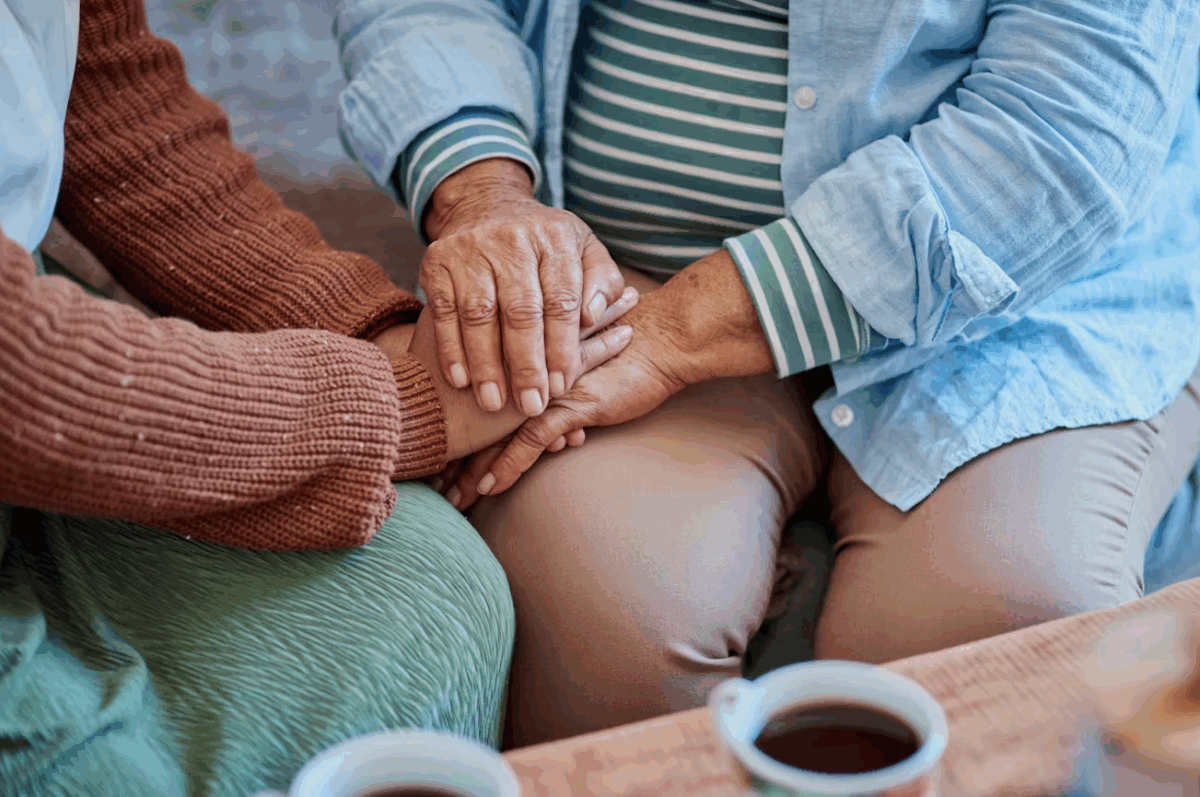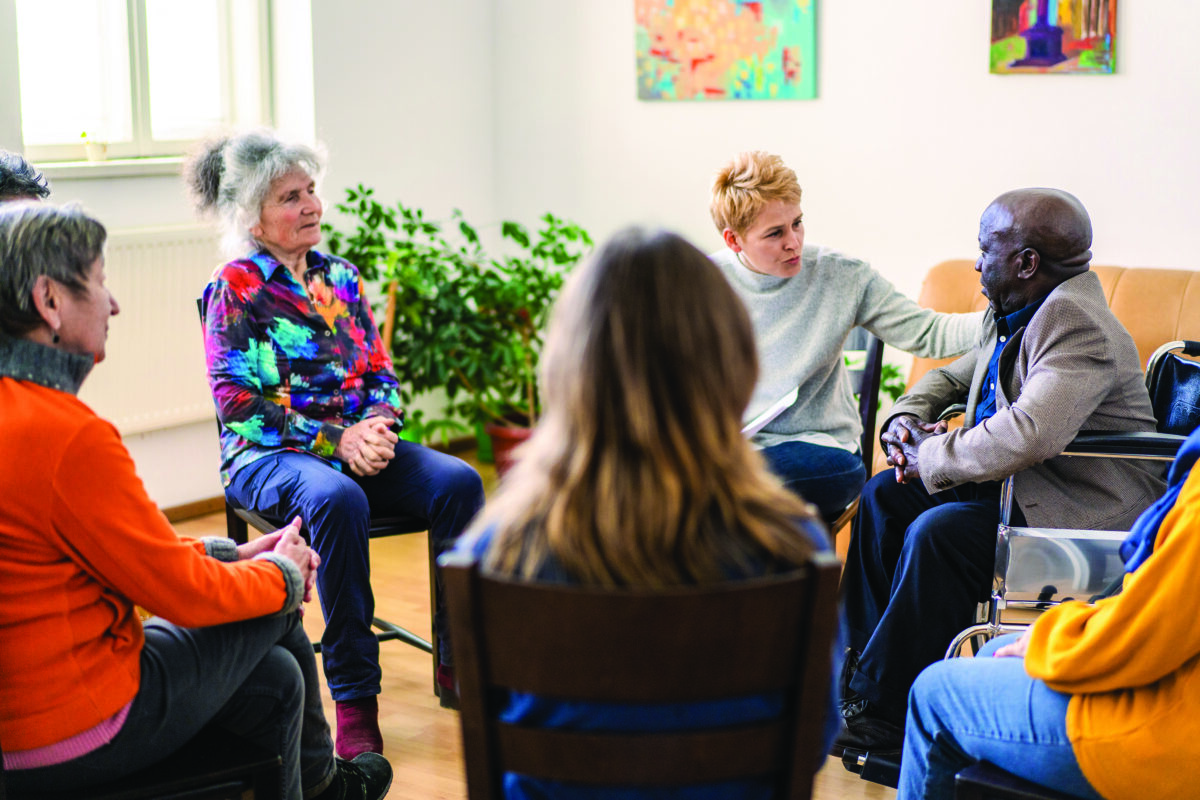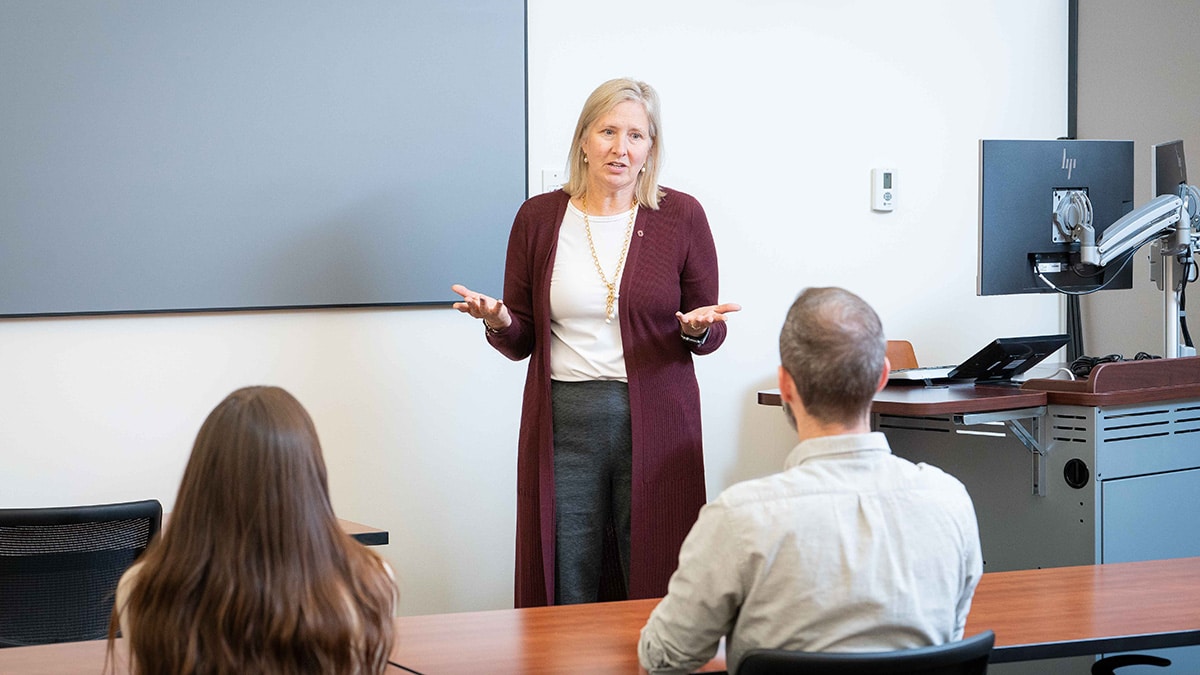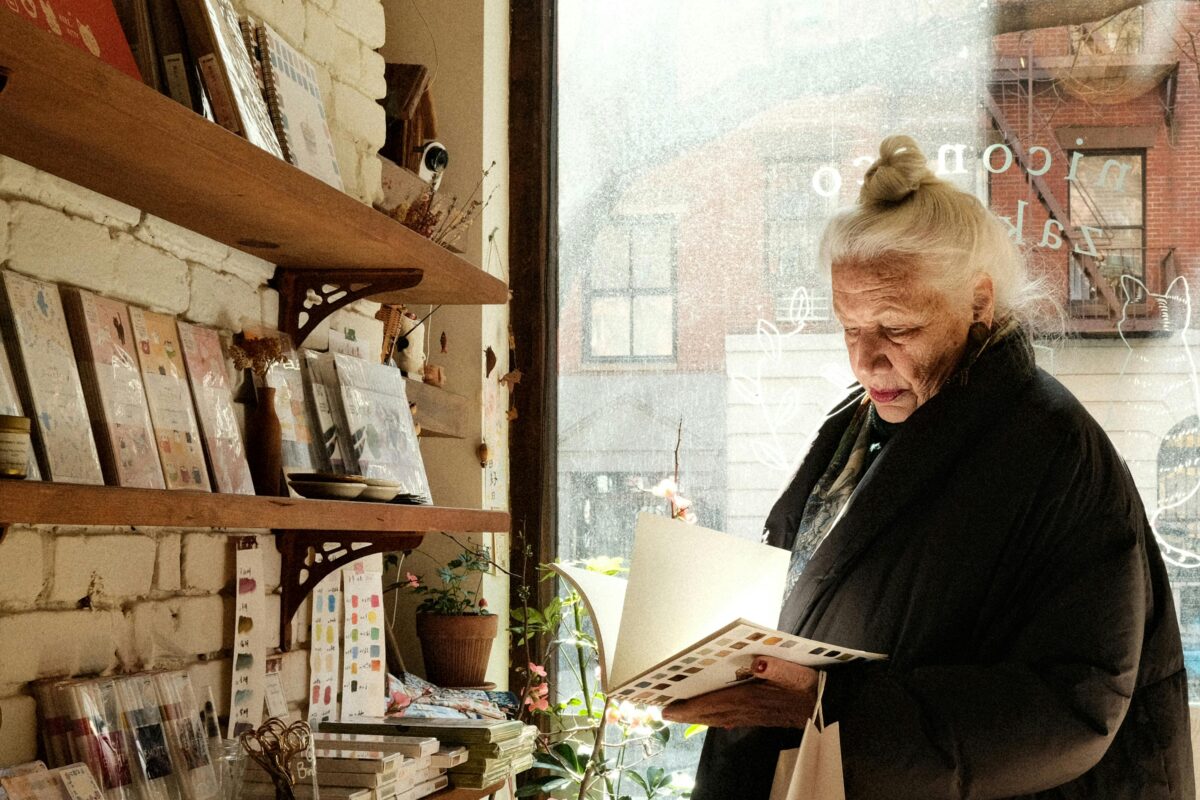Resources
- Audiences: Family Members or Friends

Articles
Recognizing and Treating Sleep Apnea in Older Adults
Does your loved one snore at night? Are they often drowsy during the day? Have they developed balance issues, slower thinking, or experienced anxiety or depression? These symptoms may point to more than just aging—they could be signs of sleep-disordered breathing (SDB), most commonly known as obstructive sleep apnea.

Articles
Planning Ahead: Why Housing is Key to Aging Securely
When we think about aging, we often focus on health, retirement savings and estate planning. But one of the most important and overlooked factors in aging securely is housing. Where we live as we grow older plays a huge role in our physical and financial stability and emotional well-being. Yet many people don’t consider the long-term impact of their housing decisions until it’s too late.

Articles
Identifying and Addressing Food Insecurity in Older Loved Ones
As a caregiver, you want to ensure your loved one is not only safe and comfortable, but also well-nourished. Yet for many older adults, consistent access to nutritious food can be a challenge. Food insecurity—the lack of reliable access to enough affordable, nutritious food—affects millions of older adults across the country. According to Feeding America, approximately 1 in 14 seniors faces food insecurity.

Articles
A Personal Journey Through Caregiving for a Loved One with Early Onset Dementia
Dementia Friendly Week in Cleveland Heights is a time to learn, connect, and come together in support of those affected by dementia. Hosted annually by Heights Libraries, this weeklong event features workshops, book talks and educational programs like Dementia Friends sessions. It’s about more than information: it’s about building a community that understands and supports individuals with dementia and their caregivers. For Nancy Levin, Director of the Cleveland Heights-University Heights Public Library, the mission of Dementia Friendly Week is deeply personal.

Articles
How Loved Ones Can Intervene in a Hoarding Situation: Navigating the Process and Getting Professional Help
Hoarding is a complex condition that can severely affect both the individual who hoards and their loved ones. While people who hoard often resist help, intervention is sometimes necessary to prevent further harm and ensure the person’s safety and well-being. Loved ones may feel unsure of how to begin this process, especially given the emotional and logistical challenges involved.

Articles
Access to Resources in Ohio for Individuals Living With Dementia and Their Caregivers
Since 2022, Benjamin Rose Institute on Aging has partnered with Ohio State University, the Ohio Department of Aging, and several other aging organizations throughout the state to develop critical resources for individuals living with dementia and their family and friend caregivers. This partnership has led to the creation of Ohio’s first Alzheimer’s Disease and Other Dementias Statewide Resource Program, offering both virtual and in-person access to training, resources, and research on dementia and dementia care.

Articles
Medicare’s GUIDE Program Improves Dementia Care for Families
For families caring for someone with dementia, a groundbreaking program from Medicare has been introduced that could dramatically improve the medical and support services you receive – at no cost to you. Called Guiding an Improved Dementia Experience (GUIDE), this program recognizes the needs of families dealing with dementia and provides Medicare-covered medical and support services to provide individualized assistance.

Articles
Characteristics of People Who Hoard: A Closer Look at the Behavior and Its Impacts
Hoarding is a complex behavioral condition that goes beyond simply collecting items. It is often associated with emotional distress, difficulties in decision-making and impaired social and functional abilities.

Articles
Helping with Hoarding Cleanup: A Guide for Caregivers and Family
Caring for an older adult who hoards can be an overwhelming and emotionally taxing experience. Hoarding is often a deeply ingrained behavior that can significantly impact the individual’s physical and mental well-being, as well as the safety of their living environment. If you’re a family member or caregiver of an older adult who hoards, it’s essential to approach the situation with care and understanding, both for their well-being and your own.